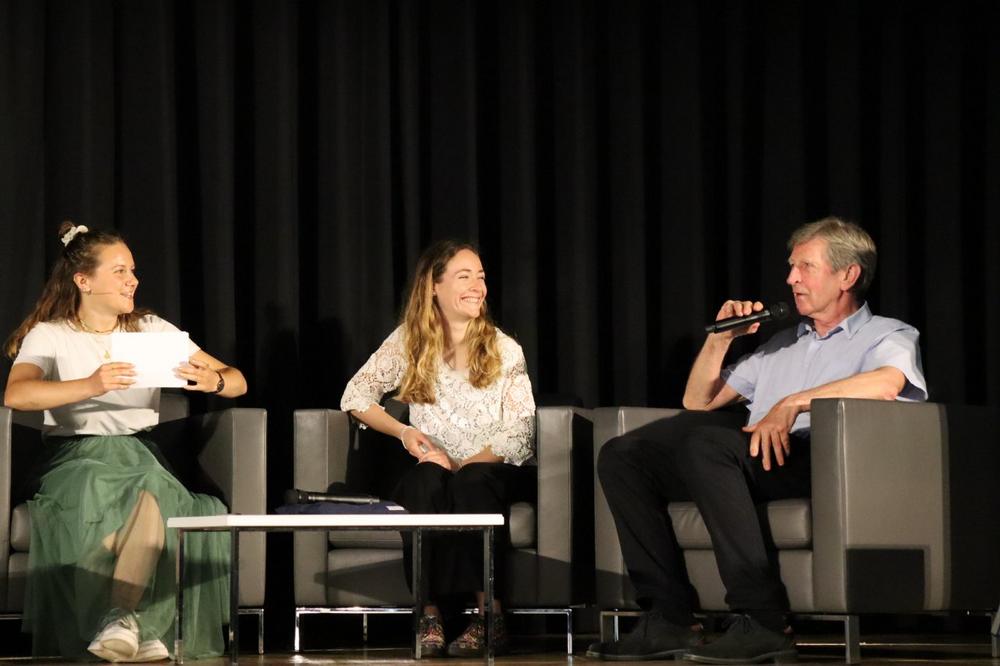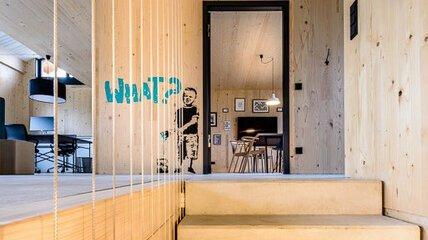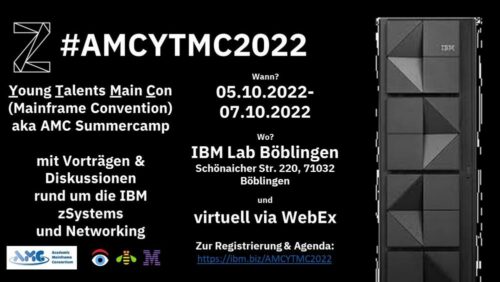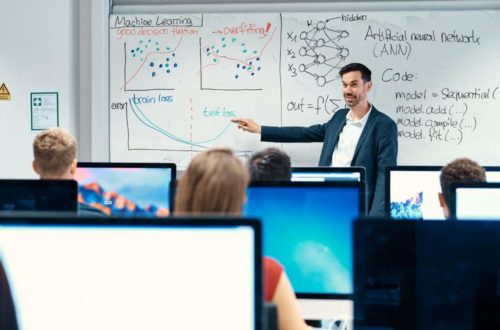
Future visions for the continent
The visions for the future of the continent presented by the students of the TUM Campus Heilbronn are also diverse: They are proposing a Europe-wide festival for Europe Day on May 9. A standardized school system for the entire EU. Auniversal basic income for all citizens of the member states. And, of course, the promotion of art and culture in order to merge the diversity of the European peoples into a harmonious unity.
Many pressing questions
"When I listened to you, I thought that you should be the European Parliament," says Prof. Frank Baasner, long-standing Director of the Franco-German Institute, praising the creative ideas. Because the reality is different: "Nobody talks about a federal Europe anymore. It is not clear what the future of Europe will look like." Many pressing questions need to be answered: Can Europe take its security into its own hands if the USA is no longer an ally in the future? How should the continent deal with the strong economic competition from other parts of the world? Is there a solutionto enjoy the benefits of immigration while containing the risks? How can economic growth and climate protection be reconciled?
The following panel "Cross The Border, Close The Gap. The Zeitgeist in Europe after Postmodernism" cannot answer allthese questions. And yet the panelists – Frank Baasner, Heilbronn local councillor Isabell Steidel, the head of the Konrad Adenauer Foundation’s international office in AlgiersMatthias Schäfer and TUM Campus Heilbronn students Jie Li and Bahadir Duranlioglu – gave the audience food for thought. "Europe is my life – I have studied or worked and lived in seven European countries. It’s a huge opportunity to live in stable, democratic, prosperous times," Baasner replied to presenter Charleen Florijn’s question about what Europe means to him. "Europe is defined by its values. We stand up for each other with the laws we make," says Steidel. Li is equally convinced: "Economic issues may drive us apart, but democratic values will always bring us back together."
Economic opportunities and freedom for all
The young Chinese woman is particularly fascinated by Europe’s flourishing culture: "No other continent has such a rich cultural heritage." Her fellow student Duranlioglu, who comes from Turkey and spent three years in Belgium as a child, adds: "Europe is one of the greatest places that harborspeople from different cultures."
At the same time, however, the continent must face up to the current challenges: "We should not see ourselves as an island. We need to provide Europe’s citizens with solutions that work. We need an ecosystem that offers economic opportunities and freedom for all," warns Schäfer. "We need more visibility and transparency," says Steidel, citing a further deficit, and also advocates a uniform social security system. Baasner is critical: "If we don’t succeed in easing the bureaucracy and freeing up our potential, then we have a problem." But it’s not too late: "Let’s be competitive. Let’s solve the social problems and then just get started!"
Unity in diversity
For the other participants in the discussion, the potential ultimately outweighs the challenges: "What really strengthens us is that we are united in our diversity," Steidel is convinced. Duranlioglu also perceives great qualities: "Europe has enormous potential if it manages to solve its organizational problems before it creates new ones."
In the end, almost all the panel guests agree: the "United States of Europe" will be a reality in 2050. Dr. Rangel Trifonov, Program Coordinator at TUM Campus Heilbronn gGmbH and initiator of the "We are Europe" event, concludes: "Europe has a history, but – as we have seen in the last few hours – it also has a bright future."
Die TUM Campus Heilbronn gGmbH
Bildungscampus 2
74076 Heilbronn
Telefon: +49 (0) 7131 264180
Telefax: +49 (7131) 645636-27
https://www.chn.tum.de/de
Telefon: +49 (7131) 26418-501
E-Mail: Kerstin.Besemer@tumheilbronn-ggmbh.de
![]()




